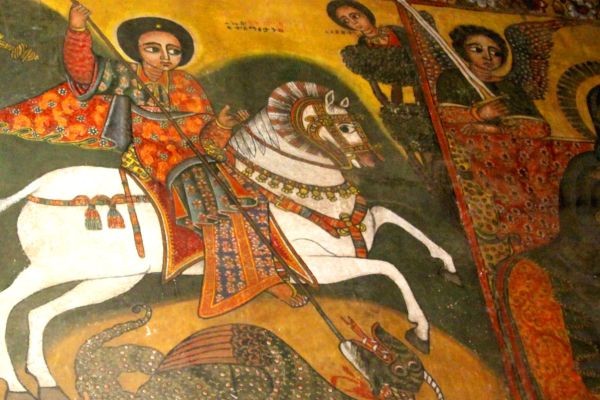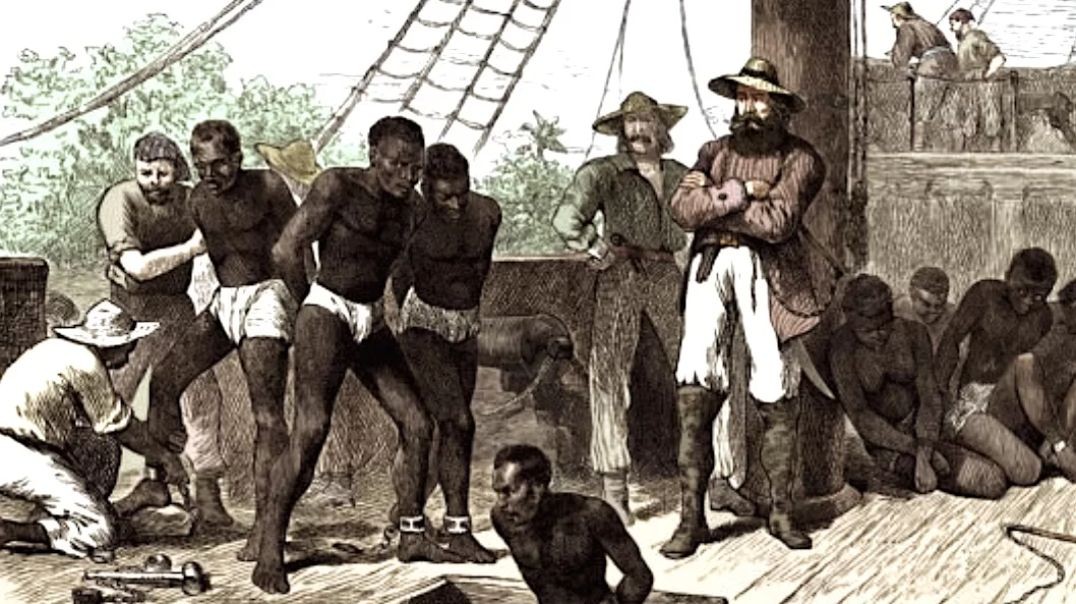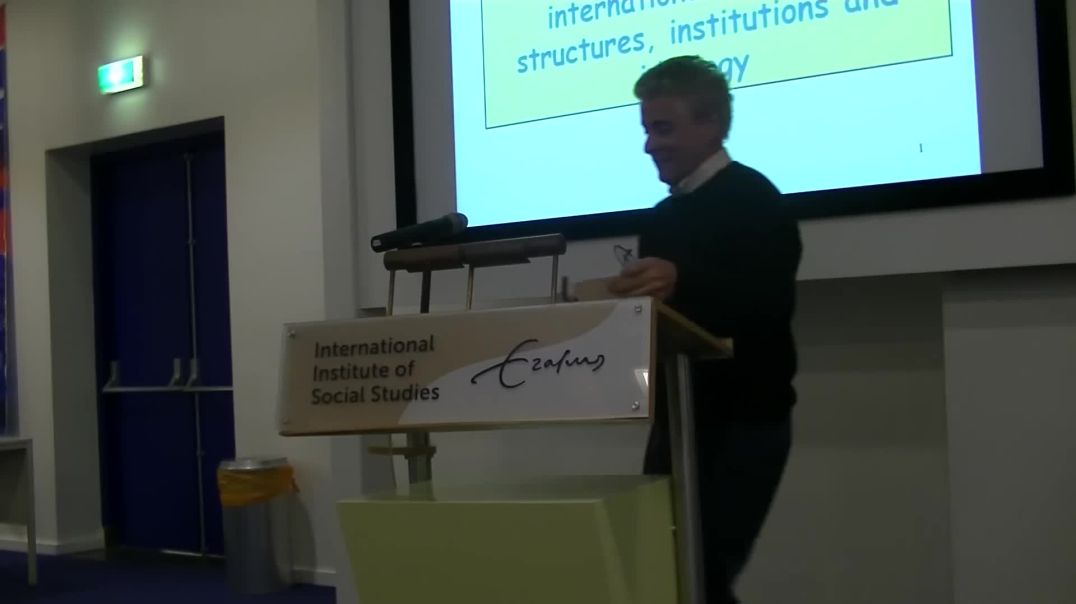Emperor Gelawdewos of Ethiopia: A Comprehensive Overview.
Introduction: The Significance of Emperor Gelawdewos
- Brief overview of Gelawdewos's life and significance in Ethiopian history.
- Importance of his reign during the 16th century, a period of both challenge and resilience for the Ethiopian Empire.
- A snapshot of the geopolitical and religious tensions of his time, especially involving the Portuguese alliance and the Ottoman influence in the Horn of Africa.
1. Early Life and Ascendancy to the Throne
- Background of Gelawdewos, including his lineage as part of the Solomonic dynasty.
- His father's reign (Emperor Lebna Dengel) and the impact of Muslim invasions, particularly led by Ahmad ibn Ibrahim al-Ghazi.
- Gelawdewos's rise to power after his father's death and the beginning of his rule amidst an ongoing conflict with Ahmad Gragn.
2. The War with Ahmad Gragn: A Formative Struggle
- Detailed account of the war against Ahmad Gragn, including key battles, alliances, and strategies.
- The critical role of Portuguese assistance, especially under the leadership of Cristóvão da Gama.
- How Gelawdewos leveraged this alliance to reclaim territories lost to Gragn and protect Christian Ethiopia from external threats.
3. Gelawdewos’s Military and Strategic Leadership
- Examination of Gelawdewos’s military prowess and strategic decisions in warfare.
- His innovative tactics in utilizing Portuguese firearms, contrasting them with the traditional Ethiopian military approaches.
- Key battles where Gelawdewos demonstrated strong leadership, including the ultimate defeat of Ahmad Gragn.
4. Religious Policies and Relations with the Church
- Gelawdewos’s efforts to solidify Christianity in Ethiopia and maintain it as the state religion amidst external pressures.
- His relationship with the Ethiopian Orthodox Church and his opposition to the spread of Islam in the highlands.
- Interactions with the Jesuits and Catholic missionaries; initial reception and eventual resistance due to doctrinal differences.
5. Diplomatic Relations and Foreign Policy
- Analysis of Gelawdewos's diplomacy with neighboring regions and empires, including the Ottomans, who had control over the Red Sea.
- His interactions with the Portuguese and other European powers, emphasizing mutual benefits and religious solidarity.
- Efforts to maintain Ethiopian sovereignty amidst external pressures from the Ottoman Empire and the Sultanate of Adal.
6. Social and Economic Reforms under Gelawdewos
- Gelawdewos’s attempts to stabilize and rebuild the economy after years of warfare.
- How he approached land distribution, military organization, and the collection of taxes to support the kingdom’s recovery.
- Examination of any known policies regarding trade, agriculture, or infrastructure during his reign.
7. Challenges to His Reign: Internal and External Struggles
- Various challenges Gelawdewos faced internally, including local resistance and rival claims to the throne.
- Continued conflicts with Muslim states and the residual effects of Ahmad Gragn’s invasion on Ethiopian society.
- How Gelawdewos maintained control over a fractured realm and attempted to unify Ethiopia under the Solomonic dynasty.
8. Legacy and Death
- Circumstances of Gelawdewos’s death in battle against the Sultanate of Harar and the lasting impact it had on Ethiopia’s stability.
- His contributions to Ethiopian identity and resilience in the face of religious and cultural threats.
- Analysis of how Gelawdewos is remembered in Ethiopian history, both as a protector of Ethiopian Christianity and a skilled warrior.
9. Impact on Ethiopian Sovereignty and Regional Stability
- Examination of how Gelawdewos’s reign influenced Ethiopia’s sovereignty in subsequent centuries.
- His role in shaping the Ethiopian Empire’s military strategies, alliances, and religious policies.
- The effects of his reign on Ethiopian unity and resistance to foreign influence, a legacy that continued in later Ethiopian rulers.
10. Historiography and Sources on Gelawdewos’s Reign
- Discussion of primary sources on Gelawdewos’s reign, such as chronicles and accounts by Portuguese allies.
- How Gelawdewos’s legacy has been studied by historians, with a focus on Ethiopian and European perspectives.
- Examination of modern historical interpretations and gaps in knowledge about Gelawdewos’s rule.
Frequently Asked Questions (FAQs)
-
Who was Emperor Gelawdewos?
- A brief answer covering his reign, importance, and challenges faced.
-
How did Gelawdewos defend Ethiopia from external threats?
- An overview of his military strategies and alliances.
-
What role did the Portuguese play during his reign?
- Explanation of the Portuguese alliance and their contribution to Ethiopia's defense.
-
Why is Gelawdewos considered significant in Ethiopian history?
- Insights into his role in preserving Ethiopian sovereignty and Christianity.
-
What was the outcome of the conflicts during Gelawdewos’s reign?
- Summary of the wars with Ahmad Gragn and other conflicts.
Conclusion: The Enduring Legacy of Emperor Gelawdewos
- Summarize Gelawdewos's achievements and his impact on Ethiopia's historical and cultural landscape.
- Emphasize how his reign symbolizes resilience and leadership during a period of great turmoil.
- Reflection on how Gelawdewos’s life and reign remain relevant to Ethiopian identity and historical memory.
This structure provides a comprehensive framework to cover Emperor Gelawdewos’s life and legacy in depth, capturing the historical, political, and cultural context of his time. Let me know if you’d like any specific sections elaborated or additional information!








